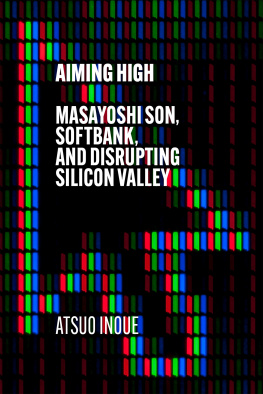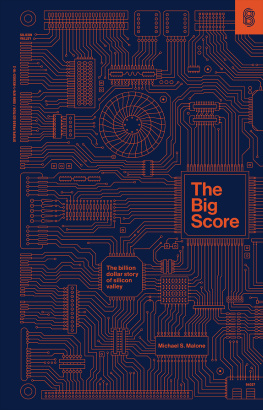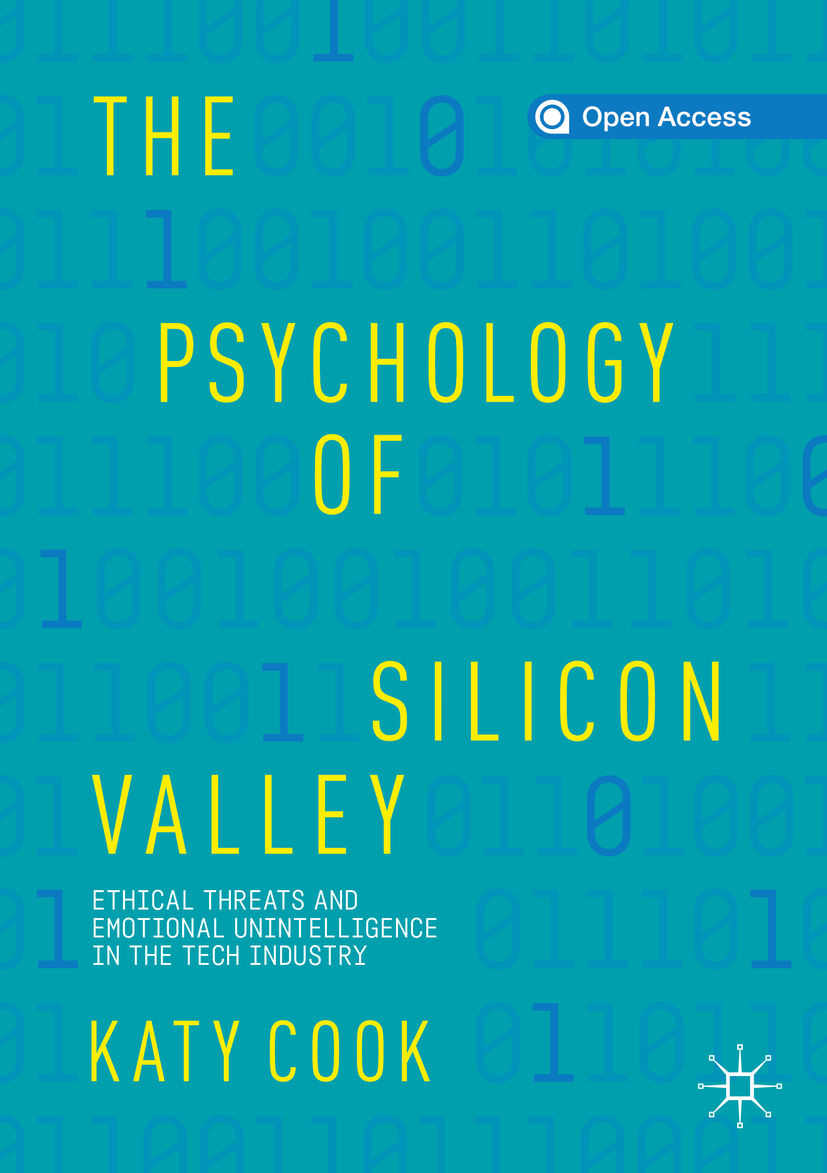Katy Cook
Centre for Technology Awareness, London, UK
ISBN 978-3-030-27363-7 e-ISBN 978-3-030-27364-4
https://doi.org/10.1007/978-3-030-27364-4
This book is an open access publication.
The Editor(s) (if applicable) and The Author(s) 2020

Open Access This book is licensed under the terms of the Creative Commons Attribution 4.0 International License (http://creativecommons.org/licenses/by/4.0/), which permits use, sharing, adaptation, distribution and reproduction in any medium or format, as long as you give appropriate credit to the original author(s) and the source, provide a link to the Creative Commons license and indicate if changes were made.
The images or other third party material in this book are included in the book's Creative Commons license, unless indicated otherwise in a credit line to the material. If material is not included in the book's Creative Commons license and your intended use is not permitted by statutory regulation or exceeds the permitted use, you will need to obtain permission directly from the copyright holder.
The use of general descriptive names, registered names, trademarks, service marks, etc. in this publication does not imply, even in the absence of a specific statement, that such names are exempt from the relevant protective laws and regulations and therefore free for general use.
The publisher, the authors and the editors are safe to assume that the advice and information in this book are believed to be true and accurate at the date of publication. Neither the publisher nor the authors or the editors give a warranty, express or implied, with respect to the material contained herein or for any errors or omissions that may have been made. The publisher remains neutral with regard to jurisdictional claims in published maps and institutional affiliations.
Cover illustration: Design by Tom Gaul
This Palgrave Macmillan imprint is published by the registered company Springer Nature Switzerland AG.
The registered company address is: Gewerbestrasse 11, 6330 Cham, Switzerland
As someone who has studied the impact of technology since the early 1980s I am appalled at how psychological principles are being used as part of the business model of many tech companies. More and more often I see behaviorism at work in attempting to lure brains to a site or app and to keep them coming back day after day. This book exposes these practices and offers readers a glimpse behind the emotional scenes as tech companies come out psychologically firing at their consumers. Unless these practices are exposed and made public, tech companies will continue to shape our brains and not in a good way.
Larry D. Rosen, Professor Emeritus of Psychology , author of 7 books including The Distracted Mind: Ancient Brains in a High Tech World
The Psychology of Silicon Valley is a remarkable story of an industrys shift from idealism to narcissism and even sociopathy. But deep cracks are showing in the Valleys mantra of we know better than you. Katy Cooks engaging read has a message that needs to be heard now.
Richard Freed, author of Wired Child
A welcome journey through the mind of the worlds most influential industry at a time when understanding Silicon Valleys motivations, myths, and ethics are vitally important.
Scott Galloway, Professor of Marketing, NYU and author of The Algebra of Happiness and The Four
Acknowledgements
Books arewrongly, in my opinionattributed to one person. As I learned while writing this, my first book, they are in fact the result of the generosity and kindnesses of many, many extraordinary people. Here are a few of the friends and colleagues who helped the following pages become pages with actual words on them. This book, quite simply, would not exist without them.
First and foremost, thanks are due to Dec Munro for bringing to my attention the fact that this book should exist and for believing I could do something so hard and exciting and scary. As ever, you are full of fantastic, utterly insane ideas and I love you tremendously.
My thanks to my Centre for Technology Awareness family also cannot be overstated. First, to Anders Beier, whose support and presence made the last few years of research, thinking, and planning a lot less lonely. And also to Adam Daniel, who was the very first person to listen to my crazy ideas about the future and technology and not to look at me like I was crazy. Thank you both for being there every step of the way.
I am forever indebted to my editors at Palgrave Macmillan, Grace Jackson, Joanna ONeill, and Beth Farrow, who got excited about an idea, took a chance on it, and guided me kindly through the publishing process until it actually looked like a book. You are such intelligent, patient, wonderful women and I am so grateful to have worked with you.
Many thanks are due to my truly wonderful colleagues, friends, and sounding boards: Machiel Klerk, Mary Lee Moser, Chris McNab, Myrsini Ouzounelli, Eliza Cubitt, Lavonne Cloke, Matt McStravick, Claudia Hergesheimer, and Brian Clack, as well as to my wonderful research assistant, Tom Rolinson. Many thoughtful conversations, ideas, and introductions occurred as a result of their expertise, edits, and guidance and I am still in awe that I get to count each of them as friends.
Particular thanks are due to Mia Mulch, for reminding me that to get where you need to go, sometimes you have to be brought kicking and screaming. Special thanks are also due to Gareth and Beth Davies, who spend their days making the world braver and more vulnerable. I dont think I would have had the courage to pursue this project had our paths not crossed and Im grateful every day that they did.
Many thanks are due to Helen Lockett, who volunteered her editing expertise while in the throes of law school, and made the final product infinitely better with her insightful questions and ideas. And my deepest thanks also go to Celia Pool, who read and reread the manuscript with an excellent eye for detail and an uncommon level of support.
I dont expect I can ever adequately express my gratitude to Bruce Thomas and Rhio Ossola, who gave me the most beautiful writing space in the world. This book wouldnt have seen the light of day for at least another year without your hospitality, generosity, and selflessness.
Thanks, of a different but equally important kind are due to Jake Hamer, who so expertly put my hand back together at a rather critical writing time, and also to Erin Brooks, who helped me learn to use it again so I could eke out the last section.
More than anyone, this book exists thanks to my mom, who consistently gives everything, asks for nothing in return, and is one of the best human beings Ive ever met. I love you so much.
I am humbled and grateful to everyone who took the time to tell me about their experience of Silicon Valley. It was an honor to hear your thoughts and opinions and to have been entrusted with your stories and I hope the following pages have done them justice.






